The Evolution of American Sitcoms
Domestic life portrayed on television creates unrealilistic ideaologies about race, gender and class
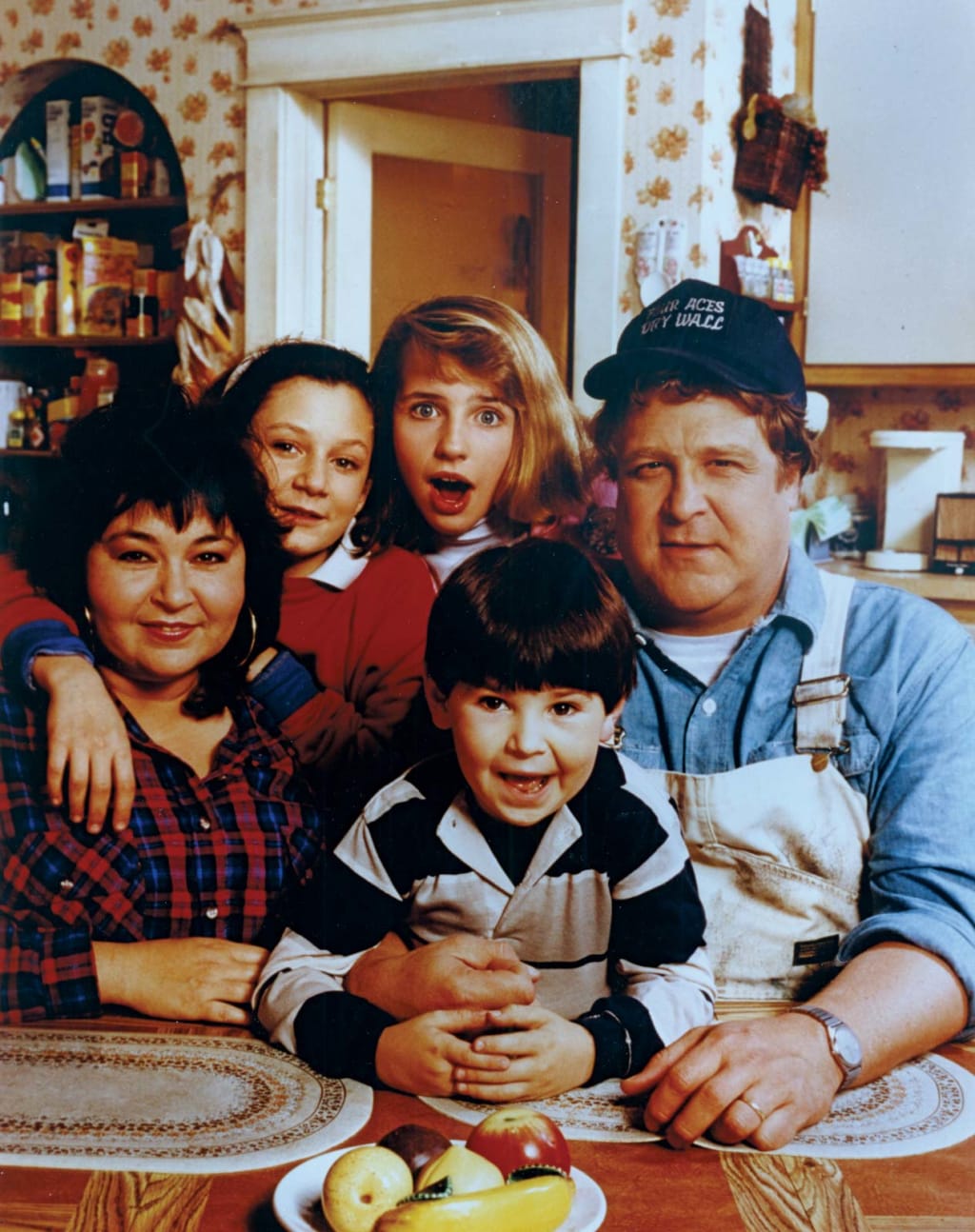
Pop culture has been a trailblazer for creating ideologies that influence the public's assumptions to uphold a false standard in relations to race, gender, sexuality and class. One of the most influential sources for these set practices is television, a medium that has portrayed situational comedy or Sitcoms prevalently for decades. In the 1980’s, movies and television shows began setting a new basis of what “proper” behavior and physique a man should have by pushing hypermasculine ideals through character portrayal, especially in the television series, “Seinfeld''. In later years, the 90’s sitcom, “The Nanny'' aired during a growing wave of feminism. Some episodes reinforced positive ideologies around women however it can go without being held accountable for having the basis of comedy being surrounded around misogyny and sexism. Now entering the early 2000’s era, the black tv show, “Everybody Hates Chris,” enters pop culture in a white dominated market, bringing more diversity to the television screen while also showing the racial and class issues that the main black characters experience, as opposed to past sitcoms that normally featured white people. This analysis will examine an episode from each sitcom from the 80s,90’s and early 2000’s,that have presented a domestic lifestyle reflecting social ideologies and reinforced unrealistic societal norms.
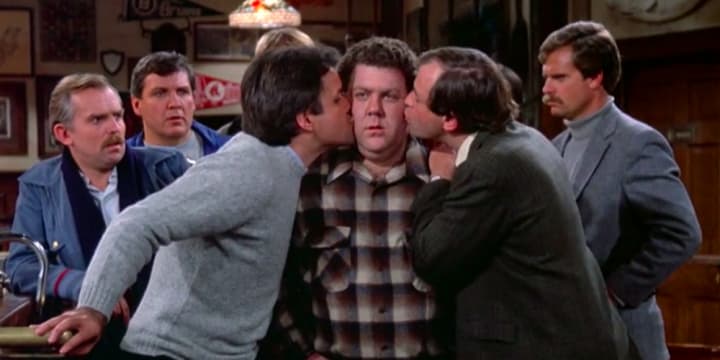
The show, Seinfeld, is full of satirical jokes that criticize the stereotypical gender roles and social conventions. Throughout the series George is met with having to defend his masculinity by proving how “manly” he genuinely is. In an episode titled “The Jacket,” the main character, Jerry Seinfeld turns his coat inside out to protect the expensive material from the snow. He reveals the pink striped lining attached and is met with ridicule from Alton Benes. “You're not going to walk down the street with me and my daughter dressed like that!,” he yelled. Benes then proceeded to question Jerry and George's sexuality and belittle the characters for acting feminine. George and Jerry’s homosocial relationship presented in the television show was often judged and labeled as queer because the male characters would possess womanly qualities,which challenged the masculine societal expectations that were prevalent in the 80’s. Airing in 1989, “Seinfeld'' influenced the ideology that there is no model man who embodies all hypermasculine traits that validate his manhood. This was a mark of changing the audience's mental image of what characteristics,body type, and societal role the sexes should have by making a mockery of toxic masculine expectations.

In 1993, The Nanny was released on TV. Starring Fran Fine (Fran Drescher), who appears at a British Broadway producer and father of three’s doorstep after being fired and dumped by her boyfriend. Because Fran is advancing in age, childless and unmarried,the father, known as Matthew Shefffeild (Charles Shaughnessy), along with other characters, comedically mock her intellect with degrading remarks, typically regarding her weight or choice of clothing. In the episode, “Rash to Judgment,” Fran has an allergic reaction to her mother’s squash pasta and swells dramatically. In fear her weight will cause her to lose attraction she utters “Oh Mr.Sheffield, you're never going to find me attractive again!” Mr. Sheffield then responds with an attempt to reassure her that he will love her no matter the changes to her body, to which she turns to the doctor and says “kill me,please.” This implies that being fat, or bigger than a specific weight reinforces the idea that women this size are not beautiful and aren't the right body type to appeal towards the male gaze. Due to Fran’s growing age, she fears she is losing her primetime to wed and have children,therefore she stresses her weight and beauty to stay within the lines of physical standards set for women. However, in some ways, Fran’s tight fitted outfits and short skirts helped empower women to not be afraid to wear what they want,yet there are other episodes where her intellect is challenged based off of her clothing choice or slut shamed for dressing inappropriately. The creators of the show gave this character no interest other than a romantic relationship with a man, taking care of kids or keeping up her weight and a beauty standard. This stereotypical household performed duties done only by a woman, who continuously throughout the show must jump through hoops to prove to her [eventual] husband portrays familial relationships between men and women with outdated roles in domestic life. “The Nanny” ironically presents a double standard between the sexes during the Third-wave feminism movement in the United States. People sought to embrace individualism, sex positivity, postmodern feminism, etc. But instead this show brought back old social roles that influence women to base their life and value on.
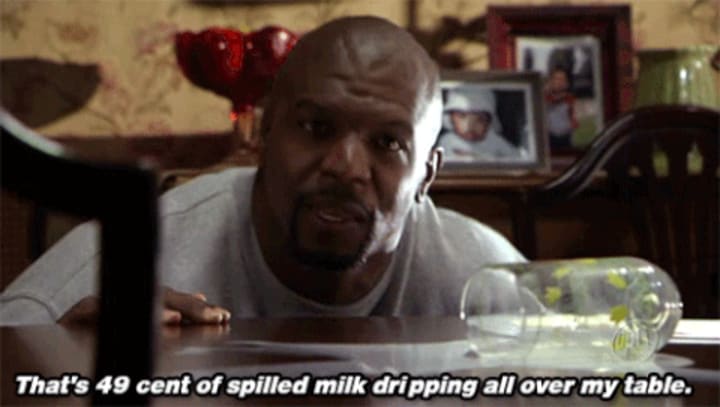
In the mid 2000’s, the black sitcom, “Everybody Hates Chris” aired when the television and entertainment market were dominated by white people. This included international buyers who wanted sitcoms that were “universal,” also meaning characters that were middle class white people who displayed proper family values in a domestic household. Though “Everybody Hates Chris,” challenges this, and instead shows the main characters struggles with racism and classism through comedic relief. The white characters in the show are given stereotypical racist dialog about black people but were used as jokes, to symbolize how awful racism was in the 80s,the decade at which the show is based off. In one episode called “Everybody Hates Christmas” the main character's school teacher asks if he needs canned goods for his family to have dinner during the holiday season. To which Chris, the main character, replies with reassuring his teacher that his family is fine. She then lets out a sympathetic and patronizing sound, assuming that Chris is in denial or embarrassed to discuss the financial instability his family must have because they are black. Sitcoms like this show a different narrative that isn't too abrasive or bold to make viewers uncomfortable but still portrays the issues of race and classism black people face. The family is shown to have sacrificed to provide for their family move out of the projects and into their new two level apartment. With a father consistently working and a mother who works for extra money to bring in household income,the show presents black parental love in a healthy way while not being granted the privilege of being middle class, especially during a time where racism was fairly common towards the black community. This sitcom portrays a black family in a realistic economic level during the decade it's set in and shows how a hardworking family prevails in racism and the struggle to rise through the classes.
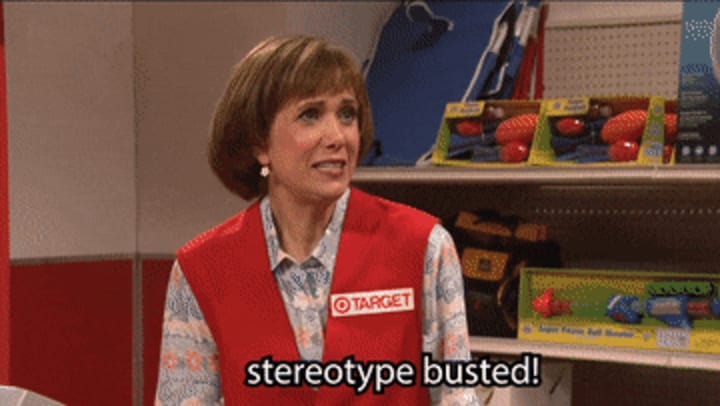
Though sitcoms are made for comedic relief they are laced with highlighting controversial topics and deeming what socially acceptable and “normal” looks like. Typically, sitcoms are produced to appeal to a family audience by depicting the American middle-class suburban domestic life with conservative values. They implied that most issues within the household could be resolved within 30 minutes and strayed away from acknowledging serious social concerns. American sitcoms influence social norms and societal expectations that are overly glamorized and create false ideologies. However as the times change television has done better at evolving to use it’s platform to display a healthier and more diverse representation of domestic life issues and how to work through them.
About the Creator
Madison Martin
I am an undergraduate student attending Baylor University to complete my Bachelors of Arts degree in journalism with a minor in Film & Digital Media.


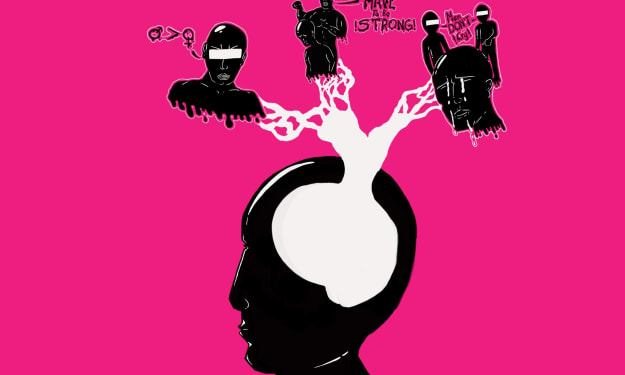



Comments
There are no comments for this story
Be the first to respond and start the conversation.